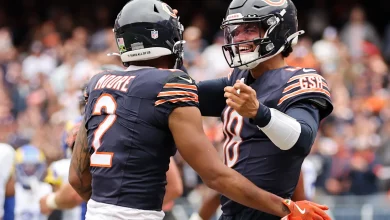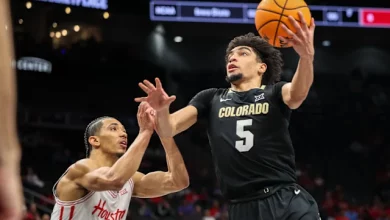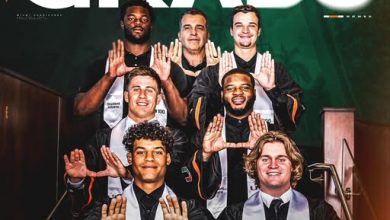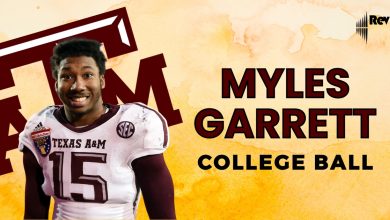Establishing the Dodgers’ “Golden Era” is Andrew Friedman’s goal.
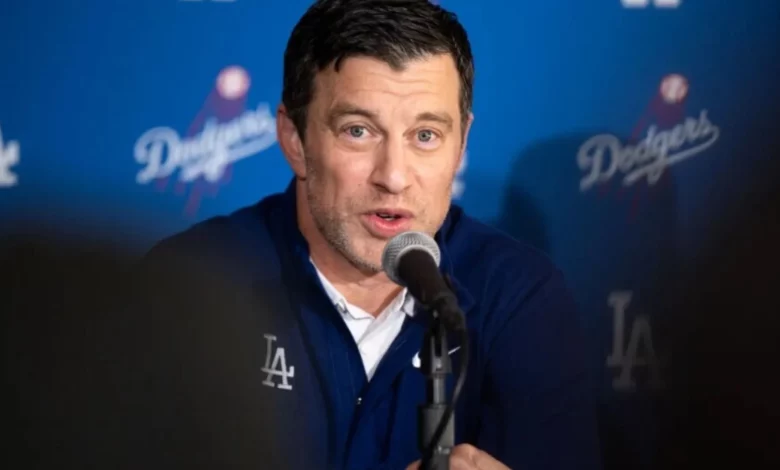
In the world of Major League Baseball, few franchises have reached the level of success and prestige of the Los Angeles Dodgers. With a history steeped in championships, storied players, and a loyal fan base, the Dodgers are one of the most recognizable teams in professional sports. Yet despite the franchise’s remarkable history, its modern era under president of baseball operations Andrew Friedman has been marked by an intense desire to push the organization to new heights, striving for an era of sustained excellence that would cement the Dodgers as a dominant force in MLB for years to come. This vision—what Friedman has termed the Dodgers’ “Golden Era”—represents not only the ambition of a championship-contending team but also an attempt to create a legacy that will stand the test of time.
Andrew Friedman, who took over as president of baseball operations in 2014, has already proven himself as one of the most successful executives in baseball. Under his leadership, the Dodgers have regularly been one of the top teams in the National League, consistently competing for division titles and championships. However, the ultimate goal for Friedman and the organization is more than just one or two successful seasons—his vision centers around creating a long-lasting era of sustained dominance, making the Dodgers the team to beat for an entire generation of players and fans.
This article will examine how Andrew Friedman plans to establish the Dodgers’ “Golden Era,” looking at his strategic approach to roster construction, his impact on the team’s culture and operations, and the factors that could shape the franchise’s future for years to come. By delving into these elements, we can better understand the ambitious vision Friedman has for the Dodgers and how it could elevate the organization to new heights in MLB.
The Foundation: Andrew Friedman’s Philosophy
Before diving into the specifics of the Dodgers’ potential “Golden Era,” it’s important to understand Andrew Friedman’s philosophy and the approach he has taken to reshape the team since his arrival. Friedman, a former Wall Street analyst, came to the Dodgers with a clear vision and a set of values that prioritized sustainable success rather than short-term fixes. This long-term approach has been key in transforming the Dodgers into a model of consistency and excellence in professional baseball.
Friedman’s strategy is rooted in his understanding of modern baseball analytics, player development, and organizational depth. Since taking charge, he has placed a heavy emphasis on building a strong farm system, utilizing advanced statistics to scout and develop players, and making shrewd decisions in free agency and trades. His experience with the Tampa Bay Rays, where he revolutionized the organization through a combination of analytical savvy and low-budget ingenuity, has influenced his tenure with the Dodgers. However, with the resources available in Los Angeles, Friedman has been able to apply his principles on a much larger scale.
One of Friedman’s core beliefs is that sustained success can only come from a well-rounded, deep roster. This means not only having stars at the top but also filling out the roster with solid contributors who provide value over the long term. Under Friedman, the Dodgers have constructed a roster that blends elite talent with strong depth, making them a perennial contender.
A Championship Pedigree: The Dodgers’ Recent Success
As Friedman looks to usher in the Dodgers’ “Golden Era,” he has already enjoyed remarkable success in his role. Since taking over as president of baseball operations, the Dodgers have been among the best teams in MLB, both in terms of wins and overall performance. Under his leadership, the team has won multiple division titles, including a record eight straight NL West championships from 2013 to 2020. Additionally, Friedman’s Dodgers captured the elusive World Series title in 2020, ending a 32-year championship drought and cementing his place as one of the top executives in baseball.
The World Series win was a major milestone for the franchise, and it demonstrated that Friedman’s approach—built on player development, analytics, and organizational depth—could lead to success on the biggest stage. However, the ultimate goal for Friedman is not just one title but to establish a dynasty that will keep the Dodgers at the forefront of MLB for years to come. While the 2020 championship was a significant achievement, Friedman is determined to build a team that can win consistently over a longer period of time, something that will define the “Golden Era” he envisions.
In order to truly establish a dynasty, Friedman has taken a holistic approach. His work on player development has resulted in an influx of homegrown talent, ensuring that the Dodgers continue to have a pipeline of young stars ready to step into the lineup. Players like Cody Bellinger, Walker Buehler, and Gavin Lux have all been developed through the Dodgers’ system, and the farm system continues to produce talent that will help sustain the team’s dominance.
Additionally, the Dodgers have used their financial resources wisely to complement their homegrown talent. Friedman’s front office has made calculated moves in free agency, bringing in big-name players like Mookie Betts and Max Scherzer while avoiding excessive risk. The Dodgers have always been a team willing to spend, but Friedman’s ability to identify value and make strategic moves has allowed the team to build a championship-caliber roster year after year.
Roster Construction: Building a Dynasty
One of the key components to Andrew Friedman’s vision of the Dodgers’ “Golden Era” is roster construction. Under his leadership, the team has focused on maintaining a balance of star power, depth, and flexibility. The Dodgers’ roster has been a model of efficiency, with stars like Betts, Freeman, and Kershaw anchoring the team while solid role players, young talents, and key trades fill out the rest of the lineup.
The Dodgers’ ability to develop homegrown talent has been crucial in ensuring long-term sustainability. The team’s minor league system has become one of the best in baseball, providing a steady stream of young players who can contribute immediately or in the near future. The farm system has allowed the Dodgers to avoid the boom-or-bust nature of relying solely on high-priced free agents or trades. Instead, Friedman has been able to integrate homegrown players into the lineup, adding them to a core of established stars. This strategy has ensured that the Dodgers remain competitive for the long term without needing to constantly rebuild.
The team’s front office has also been adept at identifying areas where they can improve through trade and free agency. While the Dodgers have maintained a reputation for being a high-payroll team, they’ve used their resources efficiently to target the right players. For instance, the addition of Betts in 2020 gave the team a superstar outfielder who can anchor the lineup for years to come, while the trade for Scherzer helped propel the team to another World Series appearance.
But Friedman’s vision for the Dodgers’ “Golden Era” is about more than just talent acquisition. It’s also about building a system and culture that can consistently develop players who not only contribute on the field but thrive in the organization. Through a combination of advanced analytics, solid player development programs, and a commitment to continuous improvement, the Dodgers have become one of the most well-rounded and sustainable organizations in MLB.
Cultural Impact and Stability
Another aspect of Friedman’s vision for the “Golden Era” is fostering a culture of stability and excellence within the organization. One of the hallmarks of the Dodgers’ success under Friedman has been the consistency of leadership both on and off the field. Manager Dave Roberts, who has been with the team since 2016, has become a key part of the Dodgers’ culture. His leadership style has complemented Friedman’s vision, and the continuity between the front office and the dugout has helped maintain a focus on team-first values.
Friedman’s ability to foster stability has been integral to the team’s long-term success. Stability within an organization allows players to feel comfortable and confident, knowing that their roles are secure and their contributions are valued. This stability has helped the Dodgers navigate changes in the roster and the coaching staff while maintaining a high level of performance on the field.
The Dodgers also benefit from the luxury of playing in one of the largest and most passionate sports markets in the world. Los Angeles is home to some of the most dedicated fans in baseball, and the team’s success has only strengthened that connection. Friedman understands the significance of this fan base, and he has worked to build a team that not only competes for championships but also remains beloved by its supporters. This connection between the team and the city is a vital part of Friedman’s vision for the “Golden Era.”
Challenges to Maintaining Dominance
While the Dodgers’ future looks incredibly bright, maintaining dominance in MLB is never an easy task. The franchise will face challenges as they look to solidify their “Golden Era.” The competitive landscape in MLB continues to evolve, with teams like the San Diego Padres, Atlanta Braves, and New York Mets all making significant strides in recent years. The Dodgers will need to continue to innovate, adapt, and evolve in order to stay ahead of the competition.
In addition, the ever-changing economics of baseball, particularly with the implementation of the luxury tax, will force the Dodgers to be even more strategic in how they allocate their resources. Friedman’s ability to navigate these challenges while keeping the team competitive will be critical to establishing a lasting era of dominance.



